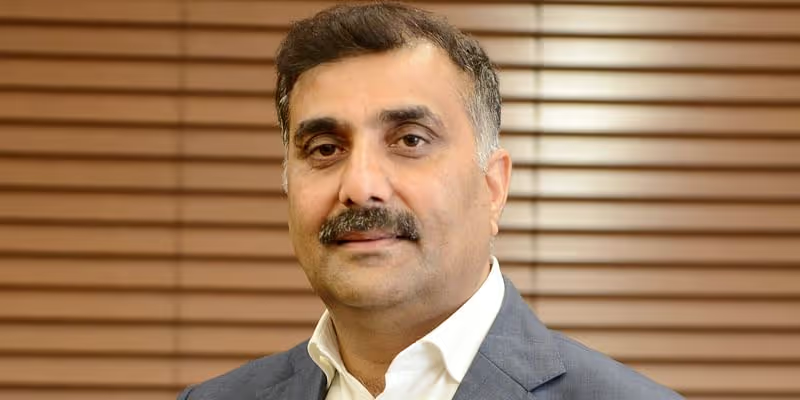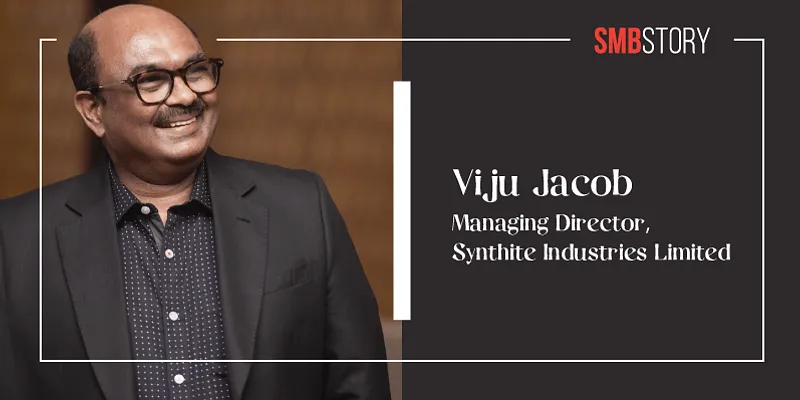How legacy brands are pivoting to stay relevant in the business world and other top stories of the week
From LT Foods to NatXtra, this week, SMBStory covered the journey of legacy brands that are pivoting to changing demands to scale and grow their business.
Change is the only constant thing in life, and that’s true in the business world as well.
Whether a company is doing well or if it’s down in the doldrums, there’s only one way it can do better: by innovating to stay ahead of the curve.
This week, SMBStory came across two legacy brands that believe that innovation and change are vital to business. The change in consumer demand and market trends have led these brands to pivot. Here’s their journey.
LT Foods

Ashwani Arora, MD and CEO, LT Foods
Around 70 years ago, Raghunath Arora, a rice agent, had a mission to feed the people of his village — Bhikhiwind in Amritsar — with quality rice. He started a small rice trading company in 1965, which later turned into a partnership firm, Lalchand Tirathram Rice Mills (), in 1977.
He wanted to take the homegrown basmati rice — famously used in pulao and biryani —beyond Amritsar without sacrificing a fair price for the hardworking farmers. Following such principles, over the years, LT Foods has grown to what we today know as the Daawat Basmati rice brand.
So, how did the brand stay relevant for years? “By keeping the value of the company intact,” says second-generation entrepreneur Ashwani Arora, Managing Director, LT Foods, in a conversation with SMBStory.
“My father started the business, and my brother, Vijay Kumar Arora, introduced it globally. We carried forward the value our father inculcated in the business for keeping the quality consistent and innovating with the changing times,” Ashwani says.
In India, the demand for sustainable products is growing by leaps and bounds. LT Foods adapted to this change back in 2012, when it started catering to the foreign markets where this demand emerged early.
Three years ago, LT Foods introduced Ecolife to soft launch organic rice variants in the Indian market to gauge the consumer demand for the same.
“Organic products hold a promising future. The trend has now come to India as people are becoming more health-conscious, but it has been prevailing overseas for quite some time now, and we have to keep innovating with the changing demand,” Ashwani says.
At present, it caters to 60 countries. LT Foods clocked Rs 4,686 crore in revenue in FY21, Ashwani claims.
NatXtra

Viju Jacob, Managing Director, Synthite Industries Ltd
The coronavirus pandemic has led to a large number of people focusing on their health. This has opened the doors for several opportunities for pharmaceutical companies.
One of the companies that dived into this opportunity is Kerala-based started in 1972 by CV Jacob. Headquartered in Kerala’s Ernakulam, it is known for manufacturing and selling essential oils, spices, dehydrated green pepper, and more. Today, the company has over 3,000 employees, and is run by CV Jacob’s son and second-generation entrepreneur, Viju Jacob.
In December 2020, Synthite Industries launched a supplements vertical, . This brand was launched on , and is today present on medtech platforms such as , , and .
Mathew says Synthite Group had been mostly operating as a B2B company since inception. In 2018, the company realised that it wanted to explore the B2C market and saw immense potential in the health supplements market.
“Most of the foods are sprayed with pesticides and other chemicals. Moreover, the growing fast-food culture in the country has further given rise to worsening health conditions among Indians,” he says.
This led to the germination of the idea and the concept behind NatXtra.
Mathew says he is bullish about the supplement category’s demand going up in the coming times as supplements are “becoming a part of India’s culture.” He says that youngsters and middle-aged groups have started consuming supplements.
Other top picks of the week
Small and Medium Business Trends’ report - Salesforce

Arun Parameswaran, SVP and MD - Sales & Distribution, Salesforce India.
Fifteen months down the road following the first nationwide lockdown imposed in March last year, it is clear that the key for business survival and growth is a smooth digital transformation using new technologies available today.
In India, interestingly, 60 percent of small and medium businesses (SMBs) say their business could not have survived the pandemic using technology from a decade ago. This was the finding in a report released today by US-based global CRM leader Salesforce in its fifth edition of the ‘Small and Medium Business Trends’ report.
Additionally, 82 percent of Indian SMBs interviewed believe “shifts they’ve made to their business operations over the last year will benefit them in the long term”.
Insights from responses of more than 2,500 SMB owners and leaders around the world revealed that in addition to their accelerated tech investments, “growing SMBs are more likely than stagnant/declining ones to leverage technologies like customer service software, email marketing software, and ecommerce software”.
According to the report, project or task collaboration tools saw the largest uptick in adoption over the past six months. With the increase in usage over recent years, around three in five growing SMBs now use each of these tools.
Most growing SMBs (71 percent) say their business survived the pandemic because of digitisation. And during a time of change, growing SMBs are accelerating technology investments.
YourStory’s flagship startup-tech and leadership conference will return virtually for its 13th edition on October 25-30, 2021. Sign up for updates on TechSparks or to express your interest in partnerships and speaker opportunities here.
For more on TechSparks 2021, click here.
Edited by Teja Lele









